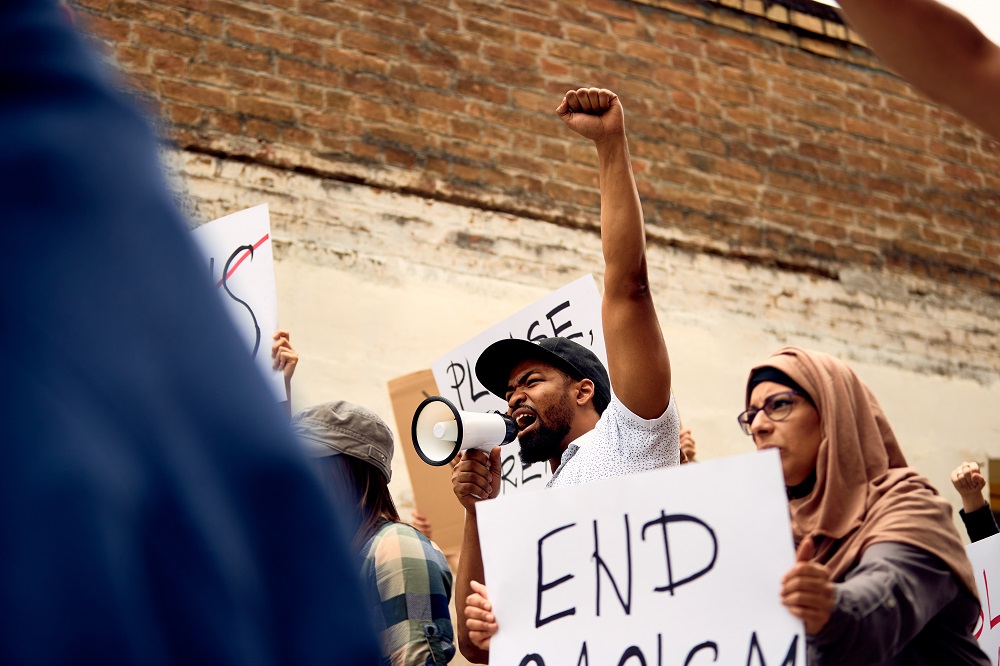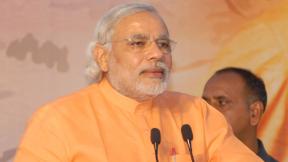
Islamophobia is nothing new. The earliest Muslim communities of the Prophetic age dealt with the fear of the new way of life brought by Islam and the people who practiced it – Muslims. The historical presence of an irrational fear of Islam and Muslims is not something to be taken lightly however, since Islamophobia can prompt some people to commit violent acts.
The best response to Islamophobia is to be proactive. MasjidS and Islamic centers serve as hubs for the Muslim community, especially in non-Muslim majority areas like Europe and North America. Therefore, the response that Masjids have to Islamophobia can be key.
Here is a list of 10 things that your Masjid/Islamic center can do to combat the scourge of Islamophobia.
1. Make “Islamophobia” a menu tab on your Masjid website
Within this tab include links to articles, programs, organizations, and resources that both Muslims and the public can use to respond to this problem.
2. Be Proactive
This means developing a response to Islamophobia before it happens. Some things you can do include:
- Regularly schedule programs and activities that deal with this issue.
- Educate the Muslims in your community about their legal rights as ethnic and religious minorities.
- Have security protocols in place for the Masjid.
Also, develop a response protocol in the event your community is ever faced with an incident – especially if it is violent.
3. Allocate Funds
Since we agree that Islamophobia is an issue that the Muslim community faces, then develop a budget to counteract this problem. Include this in your yearly fundraising activities budget for programs and material that will be helpful in meeting this challenge.
4. Set Goals for Interfaith Work
Along the same line as being proactive, set the goal of combating hate and Islamophobia within your interfaith work with others. Since criticism of the rights of Muslim women is a common theme, endeavor to have Muslim women on your Masjid’s Dawah team. Also develop clear action plans that you can recommend for those who want to work with you.
5. Develop Partnerships with Muslim Organizations Regionally and Nationally
Many national Muslim and Islamic organizations already have programs in place that deal with Islamophobia. In addition, many cities have Islamic Shuras or councils. For example, Chicago has the Council of Islamic Organizations of Greater Chicago; Michigan has the Michigan Muslim Community Council. Working together with regional groups or establishing national regional partnerships between Masjids and Islamic organizations pools resources, allowing us all to be more effective in the fight.
6. Adopt a Muslim Students’ Association
Students have tremendous power to make change, but require guidance and funding. If your Masjid has the ability to adopt a local MSA, then do so. Often, helping the MSA affords theMmasjid with another forum from which to speak about this issue. Local and national faith support for college organizations is a longstanding tradition in the United States. For example, Jewish Federations throughout the country fund Hillel on college campuses, since funding through students’ unions is limited.
7. Oppose War-Terrorism-Islamophobia as a set
War, terrorism, and Islamophobia feed off of each other. Muslims routinely condemn terrorism, but it will be considered more legitimate by the peace and justice movement when we condemn the whole set. Organize presentations on how war and terrorism lead to Islamophobia. Sound Vision can provide a list of a number of such presentations for neighbors and interfaith partners.
8. Buy Books in Bulk
There are now a number of books which can be given out as gifts to our neighbors of other faiths, not just about Islam but also on the issues facing American Muslims. Make sure to include books from differing perspectives. You can sometimes contact the author him or herself for deals. Include children's books.
9. Unite with all Masjids or Islamic centers in your area
The fight against Islamophobia requires a unified effort by all. Many Masjids will reach out to non-Muslims for support when an unfortunate event happens, but not to other Masjids in their area. An attack on a Muslim, regardless of their ethnicity, naturalization status, country of origin or length of time in Islam, demands a Muslim community-wide response. Remember, communities can learn from each other as to how to combat Islamophobia, since older communities have been dealing with it for a longer period

10. Be the example.
Islamophobia is fueled by fear of the unknown, misinformation, and stereotypes. The best weapon against misinformation is to live and portray the Islamic way of life in all its fullness. An inactive, socially isolated Masjid is not known – so the community around it has no reference point about Muslims. Naturally, the media is happy to fill the void and stoke the flames of misinformation. In addition, if your Masjid permits or has a climate of ethnic, national or sexist intolerance, then it feeds into a negative stereotype of Islam. Muslims’ sense of peace and justice can appear disingenuous to others if the local Masjid is silent on human rights atrocities in their area, but then hold rallies seeking support when a crime is committed against a Muslim.








Add new comment